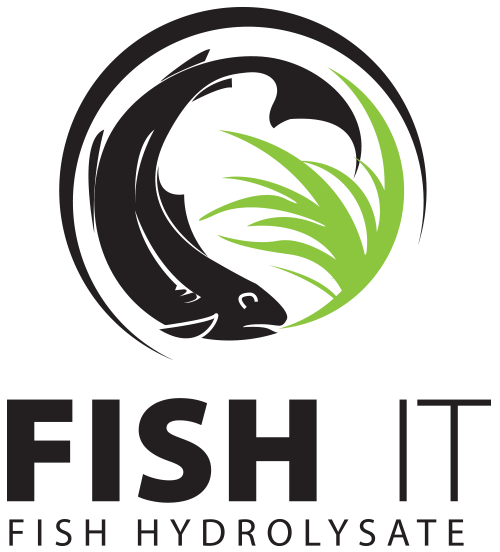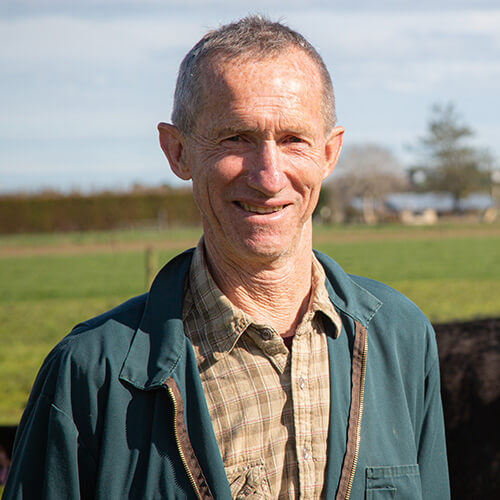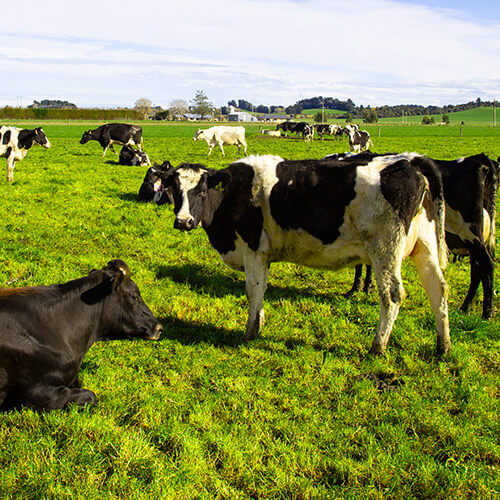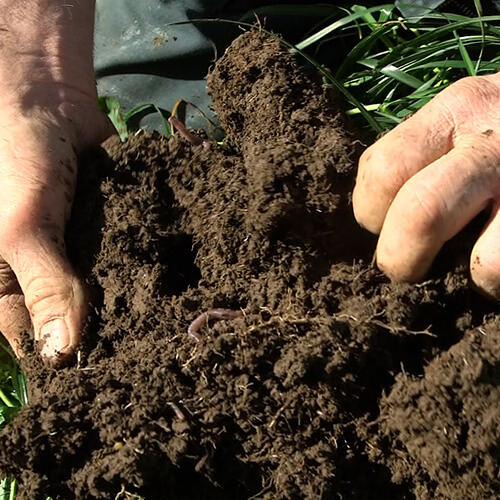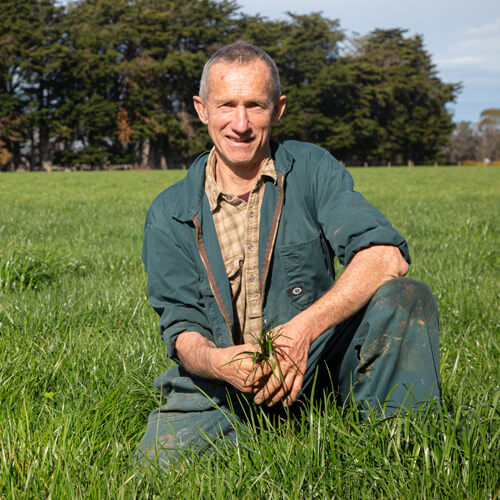Tony Zonneveld has always had a view on doing things differently. Circumstances and positions meant that for much of his dairy farming career he’s had to work within the constraints of those circumstances and positions.
However in 2008 he had the opportunity to purchase a dairy block in Edendale, Southland. He originally used this block to raise his young stock whilst he sharemilked on the other farm. Tony had begun to recognise that he simply wasn’t producing the grass he wanted or needed from the soil on the farm and the inputs he was putting on.
